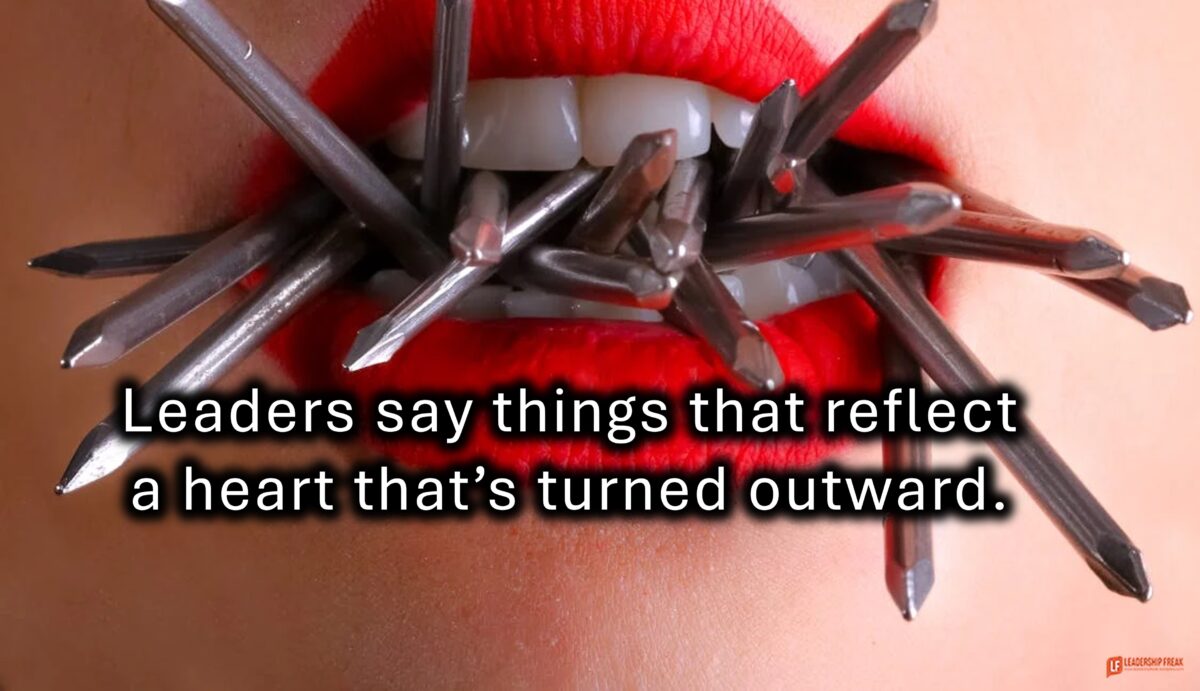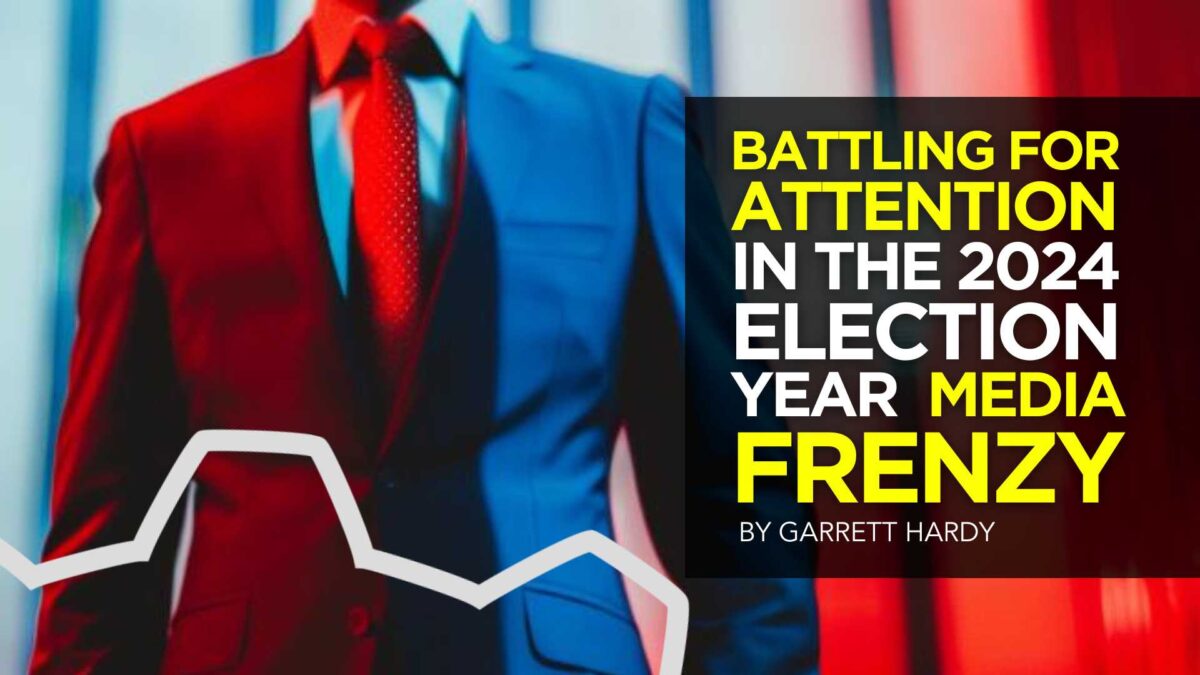

You ask the head of marketing how the team is doing and get a giant thumbs up.
“Our MQLs are up!”
“Website conversion rates are at an all-time high!”
“Email click rates have never been this good!”
But when you ask the head of sales the same question, you get the response that echoes across sales desks worldwide — the leads from marketing suck.
If you’re in this boat, you’re not alone. The issue of “leads from marketing suck” is a common situation in most organizations. In a HubSpot survey, only 9.1% of salespeople said leads they received from marketing were of very high quality.
Why do sales teams hate marketing-generated leads? And how can marketers help their sales peers fall in love with their leads?
Let’s dive into the answers to these questions. Then, I’ll give you my secret lead gen kung-fu to ensure your sales team loves their marketing leads.
Marketers Must Take Ownership
“I’ve hit the lead goal. If sales can’t close them, it’s their problem.”
How many times have you heard one of your marketers say something like this? When your teams are heavily siloed, it’s not hard to see how they get to this mindset — after all, if your marketing metrics look strong, they’ve done their part, right?
Not necessarily.
The job of a marketer is not to drive traffic or even leads. The job of the marketer is to create messaging and offers that lead to revenue. Marketing is not a 100-meter sprint — it’s a relay race. The marketing team runs the first leg and hands the baton to sales to sprint to the finish.
To make leads valuable beyond the vanity metric of watching your MQLs tick up, you need to segment and nurture them. Screen the leads to see if they meet the parameters of your ideal customer profile. If yes, nurture them to find out how close their intent is to a sale. Only then should you pass the leads to sales.
Lead Quality Control is a Bitter Pill that Works
Tighter quality control might reduce your overall MQLs. Still,it will ensure only the relevant leads go to sales, which is a win for your team and your organization.
This shift will require a mindset shift for your marketing team: instead of living and dying by the sheer number of MQLs, you need to create a collaborative culture between sales and marketing. Reinforce that “strong” marketing metrics that result in poor leads going to sales aren’t really strong at all.
When you foster this culture of collaboration and accountability, it will be easier for the marketing team to receive feedback from sales about lead quality without getting defensive.
Remember, the sales team is only holding marketing accountable so the entire organization can achieve the right results. It’s not sales vs marketing — it’s sales and marketing working…



















 ]]> {{{ ( data.maybeFilterHTML() === ‘true’ ) ? _.escape( data.label ) : data.label }}} ]]>
]]> {{{ ( data.maybeFilterHTML() === ‘true’ ) ? _.escape( data.label ) : data.label }}} ]]>